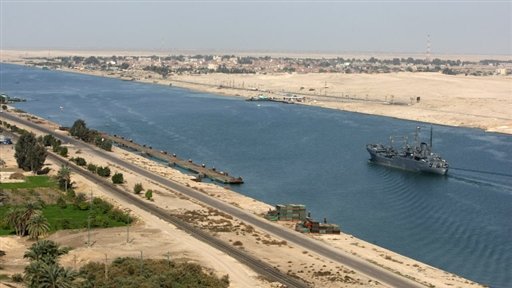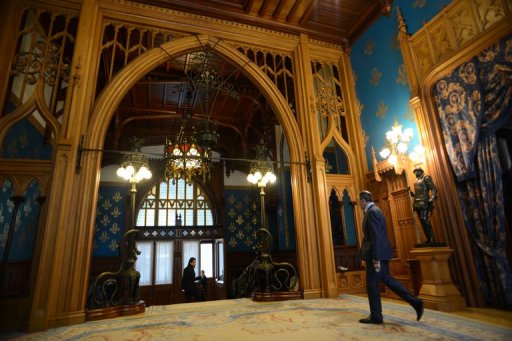
Egyptian football has been deeply affected by the political and social events that stormed the country since the 25 January 2011 Revolution, especially by the Port Said massacre, which occurred on 1 February 2012, where 72 Al-Ahly supporters were killed in the Port Said stadium by Al-Masry fanatics.
However, Egyptian football is trying to recover, and is currently fuelled by arguably the most proper top flight league since 2011.
The Egyptian Football Association decided that the Egyptian Premier League should be divided into two groups, with 11 teams in each group, to avoid pitting Al-Ahly against Al-Masry. The top two teams in each group will play each other in a play-off match to decide the overall winner of the league.
The last two teams in each group will relegate directly to second-tier, while the two ninth placed teams will meet in a playoff, where the loser relegates to second-tier. Three teams will be promoted instead; therefore, next season’s league will be comprised of 20 teams.
An overall look at this year’s Egyptian Premier League standings will show that the minnows have risen and the giants are falling.
Group 1 (as of 9 April) is led by Semouha with 26 points from 12 games, followed by Al-Ahly with 23 points from 13 games; Alexandrian Ittihad ranks third with 23 points from 14 games; Arab Contractors comes in fourth with 22 points from 13 games; and Masr Al-Maqasa ranks fifth with 19 points from 14 games.
The three teams of Semouha, Ittihad and Arab Contractors constantly fought against relegation during the past few years; however, this year they are contesting for a ticket for the playoffs.
Cairene giants Al-Ahly, despite coming in 2nd, have lost four of their 13 games, a record the Red Devils fans are not accustomed to.
Powerhouse ENPPI ranks ninth, a team that has been competing with the big ones for five years now; they are arguably considered an Egyptian powerhouse fuelled by a productive academy. ENPPI’s ranking, with 13 points from 13 games, is surprising, and they are threatened by relegation.
A certainty for relegation might be Al-Entag Al-Harby is characterised by sheer physicality and has been considered tough opposition in recent years. The team ranks 11th place in Group 1 with 10 points.
In Group 2, Petrojet lead the standings with 26 points from 14 games; Ismaily follows with 21 points from 13 games.
Haras Al-Hedood ranks 3rd with 19 points from 14 games, followed by Wadi Degla, who have the same number of points but from an impressive 12 games.
Newly-promoted Al-Qana comes in 5th with 18 points from 14 games, while giants Zamalek is seventh with 16 points from 11 games.
In the relegation zone, two newly promoted teams, Al-Minya and Telephonat Beni Suef, are struggling; however, Talae’a Al-Geish surprisingly ranks ninth. The team, which was once deemed as the competition’s dark horse and is known for its strong defence, holds 14 points from 14 games.
It is worth noting that in Group 2, Al-Zamalek is closer to the relegation zone than the qualification spot to enter the play-off for the overall league winner. The White Knights scored 12 points and have allowed 8, contrary to recent seasons where the team had a weaker defence but stronger attack.
A point that might have contributed to the fall of the giants would be the absence of fans, which were considered a driving force to teams like Al-Ahly and Al-Zamalek.
Declining performances or the retirement of the star players in Al-Ahly may also have contributed to the team’s decline. Mohamed Aboutrika and Mohamed Barakat retired, Wael Gomaa’s performance declined heavily and is also retiring by the end of the season. The likes of Hossam Ashour, and often-halted-by-injury Emad Meteb and Mohamed Naguib have not performed to their calibre or their club’s calibre this season.
In Al-Zamalek, the same is true, with the sub-par performances from players like Mahmoud Fathallah, Ahmed Gaafar, Ahmed Samir, Islam Awad and Ahmed Ali.
This is not a negative phenomenon, as we might see a new champion for the Egyptian Premier League this year, away from the Ahly-Zamalek duo. Players from clubs like Semouha, Wadi Degla, Petrojet and Ittihad can be chosen for the national team, which certainly needs new blood ahead of its campaign to qualify for the African Nations Cup, which Egypt missed the last two versions of.



